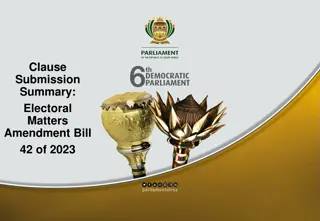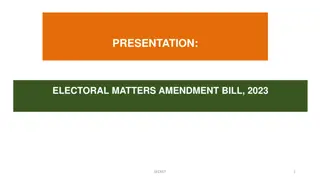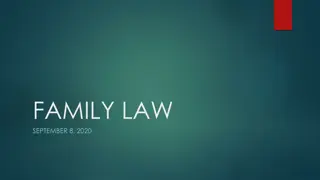Overview of Family Law Amendment Act 2023 Changes
The Family Law Amendment Act 2023 introduces significant changes to the family law system, affecting separated parents and professionals working with them. It simplifies the parenting framework, amends factors for determining child's best interests, removes shared parental responsibility presumption, and emphasizes safety considerations. The Act aligns with the Convention on the Rights of the Child and incorporates new provisions for parental arrangements. It highlights safety, child's views, and aims to promote the well-being of children in family law matters.
Download Presentation

Please find below an Image/Link to download the presentation.
The content on the website is provided AS IS for your information and personal use only. It may not be sold, licensed, or shared on other websites without obtaining consent from the author. Download presentation by click this link. If you encounter any issues during the download, it is possible that the publisher has removed the file from their server.
E N D
Presentation Transcript
Family Law Amendment Act 2023: Family Law Pathways Network Webinar Series 2024 Rebecca Mills Ag/Assistant Secretary Family Law Branch Attorney-General s Department 1
Countdown to commencement Passage and Royal Assent in late 2023 Amended in Senate following Committee Report more than one explanatory memorandum Commencement of significant provisions on 6 May 2024 Apply to all matters, except where final hearing has already commenced Significant changes for users of the family law system, and all professionals who deal with separated parents and their children. 2
Parenting framework: important amendments Simplifies the objects and principles of Part VII Makes changes to the factors to consider when determining what is in a child s best interests Removes the presumption of equal shared parental responsibility Removes mandatory consideration of specific time arrangements Changes to adviser obligations Codifies reconsideration of parenting orders 3
Part VII Objects ensure that the best interests of children are met, including by ensuring their safety give effect to the Convention on the Rights of the Child done at New York on 20 November 1989. 4
Factor 1: Safety When determining the parenting arrangement in the best interest of the child, the court must now consider the revised factors in 60CC(2): (a) what arrangements would promote the safety (including safety from family violence, abuse, neglect, or other harm) of the child; and each person who has care of the child (whether or not a person has parental responsibility for the child)) Also consider section 60CC(2A) relevance of past family violence and family violence orders. 5
Factor 2: Views of the child When determining the parenting arrangement in the best interest of the child, the court must now consider the revised factors in 60CC(2): (b) any views expressed by the child 6
Factor 3: The childs needs When determining the parenting arrangement in the best interest of the child, the court must now consider the revised factors in 60CC(2): (c) the developmental, psychological, emotional and cultural needs of the child 7
Factor 4: Capacity of those with parental responsibility When determining the parenting arrangement in the best interest of the child, the court must now consider the revised factors in 60CC(2): (d) the capacity of each person who has or is proposed to have parental responsibility for the child to provide for the child s developmental, psychological, emotional and cultural needs 8
Factor 5: Benefit of relationship with parents When determining the parenting arrangement in the best interest of the child, the court must now consider the revised factors in 60CC(2): (e) the benefit to the child of being able to have a relationship with the child s parents and other people who are significant to the child, where it is safe to do so 9
Factor 6: Anything else relevant When determining the parenting arrangement in the best interest of the child, the court must now consider the revised factors in 60CC(2): (f) anything else that is relevant to the particular circumstances of the child. 10
Subsection 60CC(3) Rights of Aboriginal and Torres Strait Islander children to enjoy their culture Connect with members of their family, community, culture, country and language Develop a positive appreciation of their culture Explore the full extent of their culture 11
New definitions member of the family and relative Expanded to apply where, in accordance a child s Aboriginal or Torres Strait Islander culture (including but not limited to any kinship systems of that culture), a person is related to the child. Notable applications: children s right to connect with members of their family in subsection 60CC(3), and definition of family violence . 12
Parental responsibility Repeal: presumption of equal shared parental responsibility The court no longer has to presume it is in the best interests of the child for the child's parents to be required to make joint decisions in relation to major long-term issues (unless presumption rebutted/does not apply). Key message for clients: decisions about parental responsibility should be based on what is in the best interests of the child, and the particular circumstances of the case. 13
Decision-making on major long-term issues Legislation makes clear that courts will still make orders relating to the allocation of parental responsibility, and adopts the terminology of joint decision-making on major long-term issues (subsections 61D(3) and 64B(3)) Effect of an order for joint decision-making on major long-term issues parties are required to consult with each other and make a genuine effort to come to a joint decision (section 61DAA). 14
In the absence of court orders Unchanged: Separated parents retain parental responsibility, which can be exercised jointly or separately, unless this is varied by a court order (section 61C). Unless there are court orders stating otherwise, and if it is safe to do so, parents are encouraged to consult each other about major long-term issues in relation to the child, having regard to the best interests of the child as the paramount consideration (section 61CA). 15
Removal of mandatory consideration of certain time arrangements Section 65DAA has been removed. This provision required courts to consider making an order that the child spend equal time, or substantial and significant time, with each parent, where an order for equal shared parental responsibility was made. Remains open to the court to consider all time arrangements. 16
Changes to advisers obligations Section 60D amended to simply reflect that advisers (legal practitioners, family counsellors, family dispute resolution practitioners or family consultants) must: note to their client that the best interests of the child are paramount, and encourage the person to act in the child s best interests by applying the considerations in subsections 60CC(2) and (3). Section 63DA amended to remove the obligation to advise parents to consider the possibility of the child spending equal time with each parent or, if that is not reasonably practicable, substantial or significant time. 17
Reconsideration of final parenting orders New section 65AAA: A court must not reconsider a final parenting order unless: the court has considered whether there has been a significant change of circumstances since the final parenting order was made, and the court is satisfied that it is in the best interests of the child for the final parenting order to be reconsidered. Exception for reconsideration with the consent of parents. 18
Enforcement of child-related orders Schedule 2 contains a redraft of Division 13A of Part VII (compliance with parenting orders) to make it easier to understand and simpler for the courts to apply. The redraft mostly maintains the underlying policies and principles of the current Division 13A, but includes some small policy changes: Introducing a power to order that a child spend additional time with a person at any stage of proceedings, allowing the court flexibility to recommend this course of action if desirable without necessarily making a finding on a contravention Introducing a power to order parties to attend relevant programs at any stage of proceedings. 19
Requirements for Independent Childrens Lawyers New subsection 68LA(5A) introduces new requirements for ICLs to: 1. Meet with the child 2. Give the child an opportunity to express a view Unless an exception applies (new subsection 68LA(5B)) 20
Requirements for Independent Childrens Lawyers - Exceptions to requirements - Exceptions in new subsection 68LA(5B) to an ICL meeting with a child: The child is under 5 years of age The child does not wish to meet with the ICL or express their views There are exceptional circumstances which includes but is not limited to circumstances that would expose the child to risk or have a significant adverse effect (new subsection 68LA(5C)) ICLs have discretion to determine: When, how often and how meetings with the child take place When, how often and how the child is provided with an opportunity to express views Timing is not specified but must occur prior to final orders If no exception applies, the court must order the ICL to perform the duty or duties 21
Overarching purpose of family law practice and procedure Parties and lawyers are required to facilitate the just resolution of disputes: In a way that ensures the safety of families and children; and For parenting proceedings, in a way that promotes the best interests of the child; and According to law; and As quickly, inexpensively and efficiently as possible. Costs orders may be made against parties or lawyers (must not recover costs from client) breaching duty. 22
Harmful proceedings orders Introduction of a new power for the court to address misuse of the court system to inflict harm on another party/child. A person subject to a harmful proceedings order (HPO) will need to seek leave from the court before filing and serving further applications. Court weighs up merits of application against potential harm on the respondent/child if application was to progress. Reasonable grounds test. HPO differ from existing vexatious proceedings orders powers HPO focuses on harm on respondent rather than applicant s intentions. 23
Communications of family law proceedings Section 121 repealed and replaced by Part XIVB to clarify restrictions around public communication of family law proceedings. Modern and easier to understand but retains existing offences and penalties. Balances the privacy of those in family law proceedings and the need for people to seek support by permitting private communication. 24
Additional matters Hague Convention Removal of the requirement for there to be exceptional circumstances to justify appointing Independent Children s Lawyers in Hague Convention Changes to requirements regarding children objecting to return in Hague Convention cases. Family Report Writers Standards and requirements for family report writers are to be developed following further consultation with stakeholders. 25
Family Law Amendment (Information Sharing) Act 2023 - Order for particulars - Order for information or documents State and territory child protection, policing and firearms agencies Family law courts Particulars, information, documents 26
Questions for the Panels? Panel sessions: 10 April 2024 Legal practice implications 17 April 2024 Implications for family dispute resolution practitioners and mediators 29 April 2024 Changes for Aboriginal and Torres Strait Islander children Questions to: CQFLPN1@catholiccarecq.com 27
Further resources www.ag.gov.au/families-and-marriage/families/children-and- family-law 28
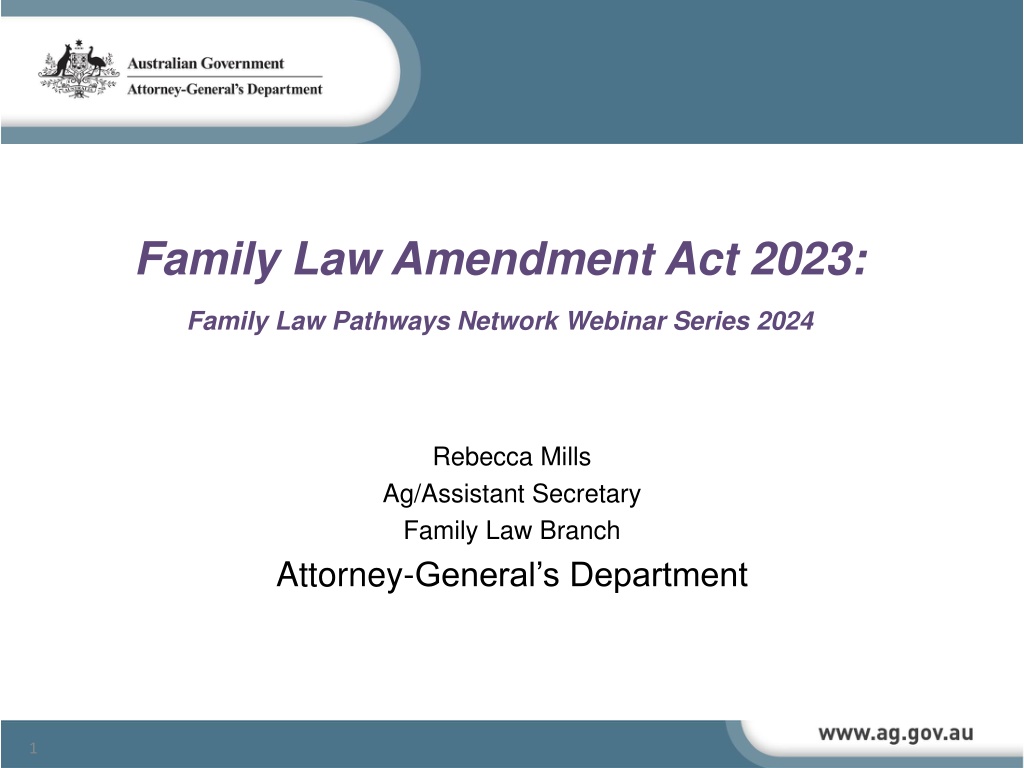

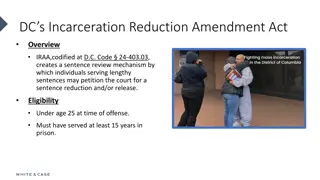
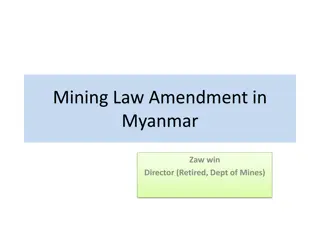
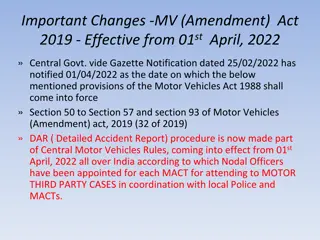
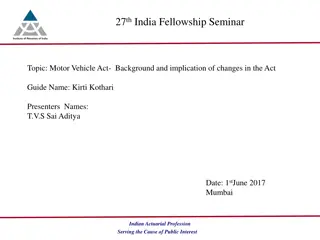
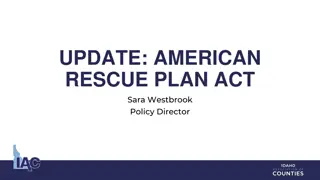
![RE: ELECTORAL MATTERS AMENDMENT BILL [ B42-2023]](/thumb/18837/re-electoral-matters-amendment-bill-b42-2023.jpg)
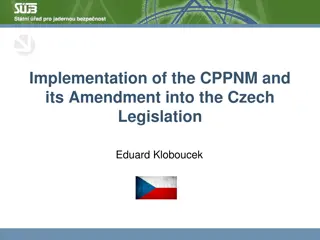
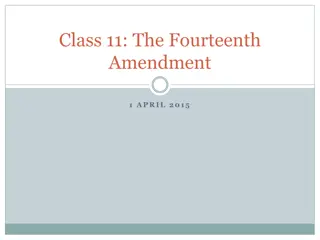
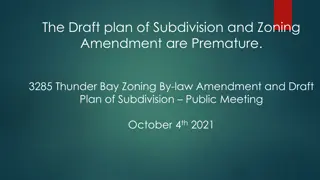
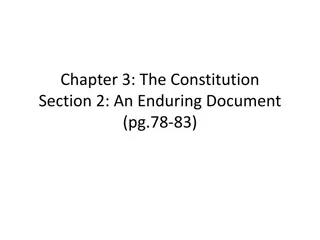


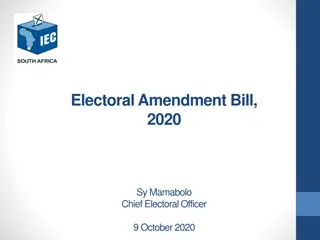
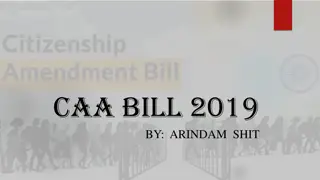

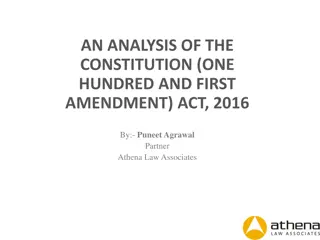
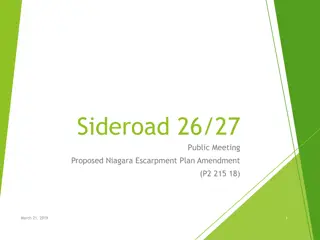



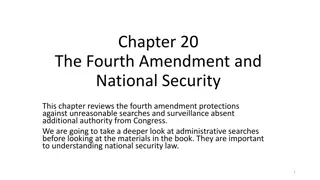
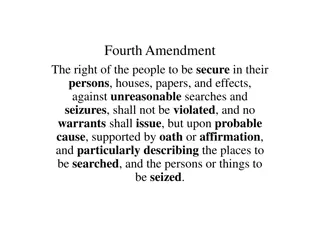

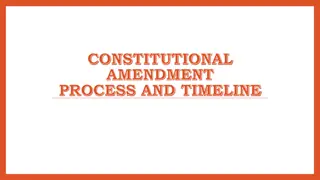
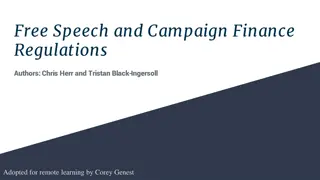

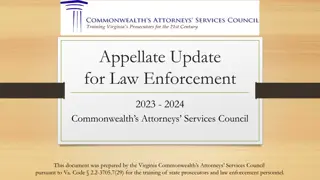



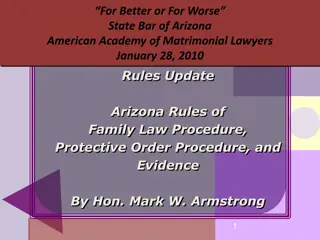
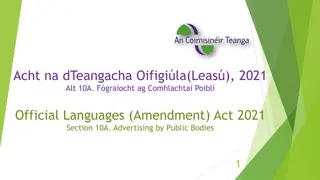
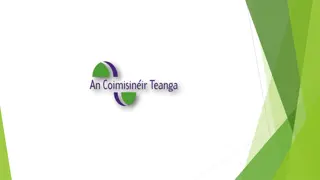



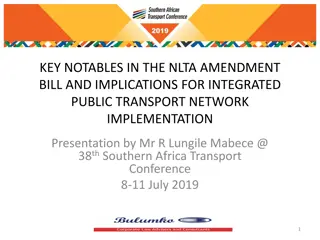
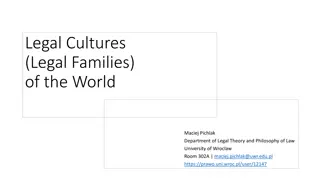
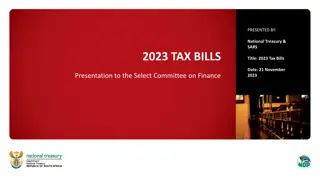
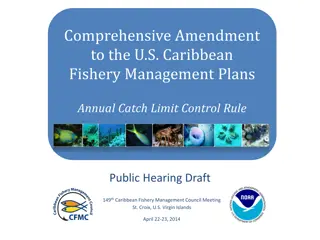
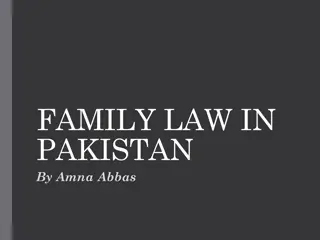
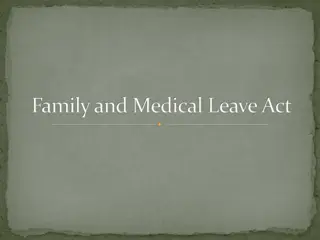

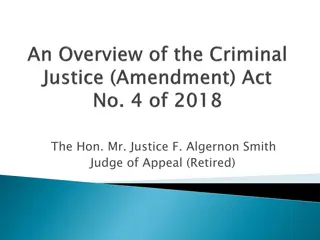
![Enhancing Corporate Transparency: Analysing The Companies Amendment Bill [B27B-2023]](/thumb/60028/enhancing-corporate-transparency-analysing-the-companies-amendment-bill-b27b-2023.jpg)
